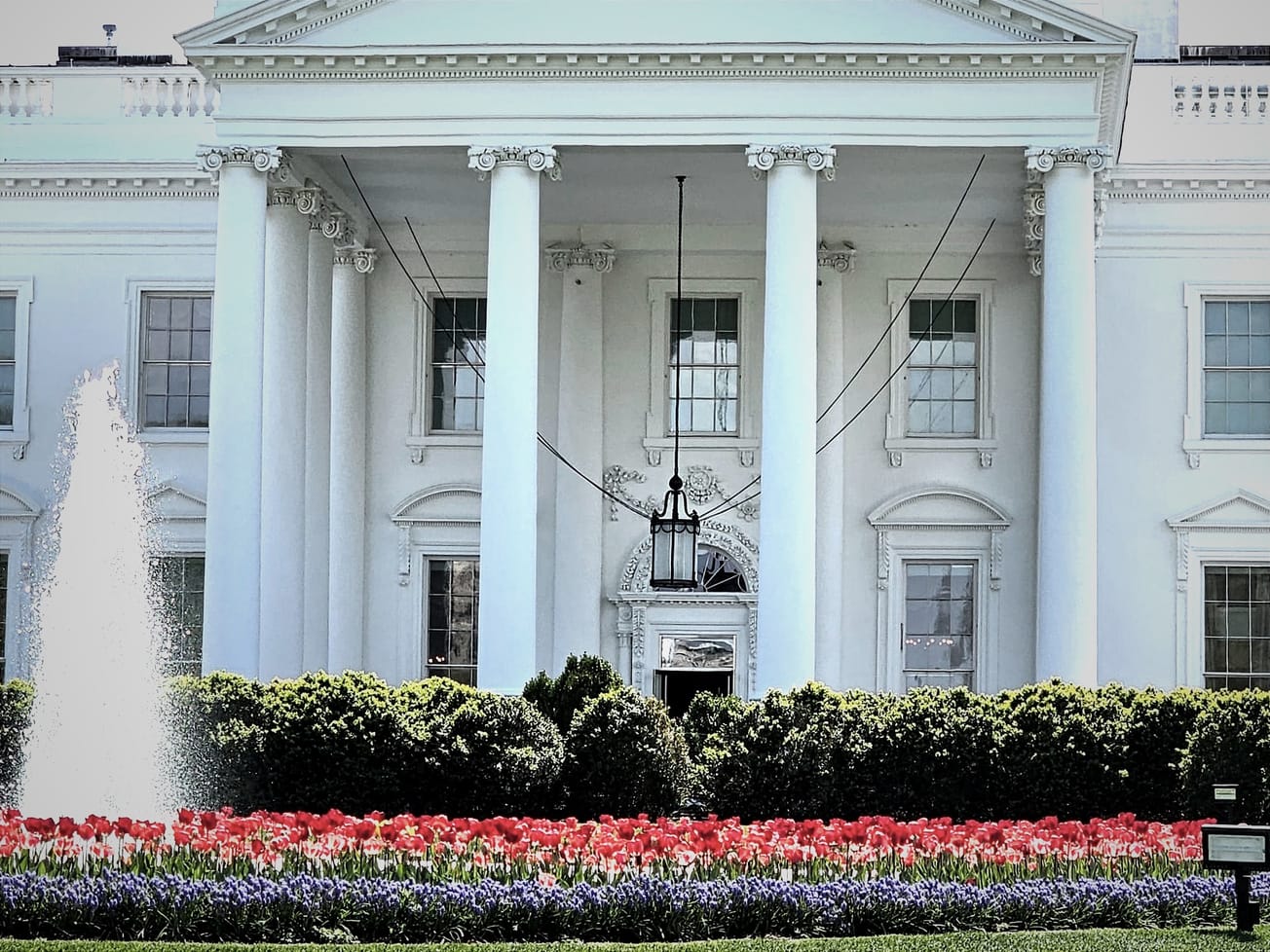WASHINGTON (AN) — U.S. President Trump leads a nativist political movement deeply hostile to the modern era of U.S. leadership and support for international cooperation and development.
In his first term, Trump led an unprecedented attack on the international liberal order built around the world of international organizations that the United States helped establish and lead in the wake of World War II.









